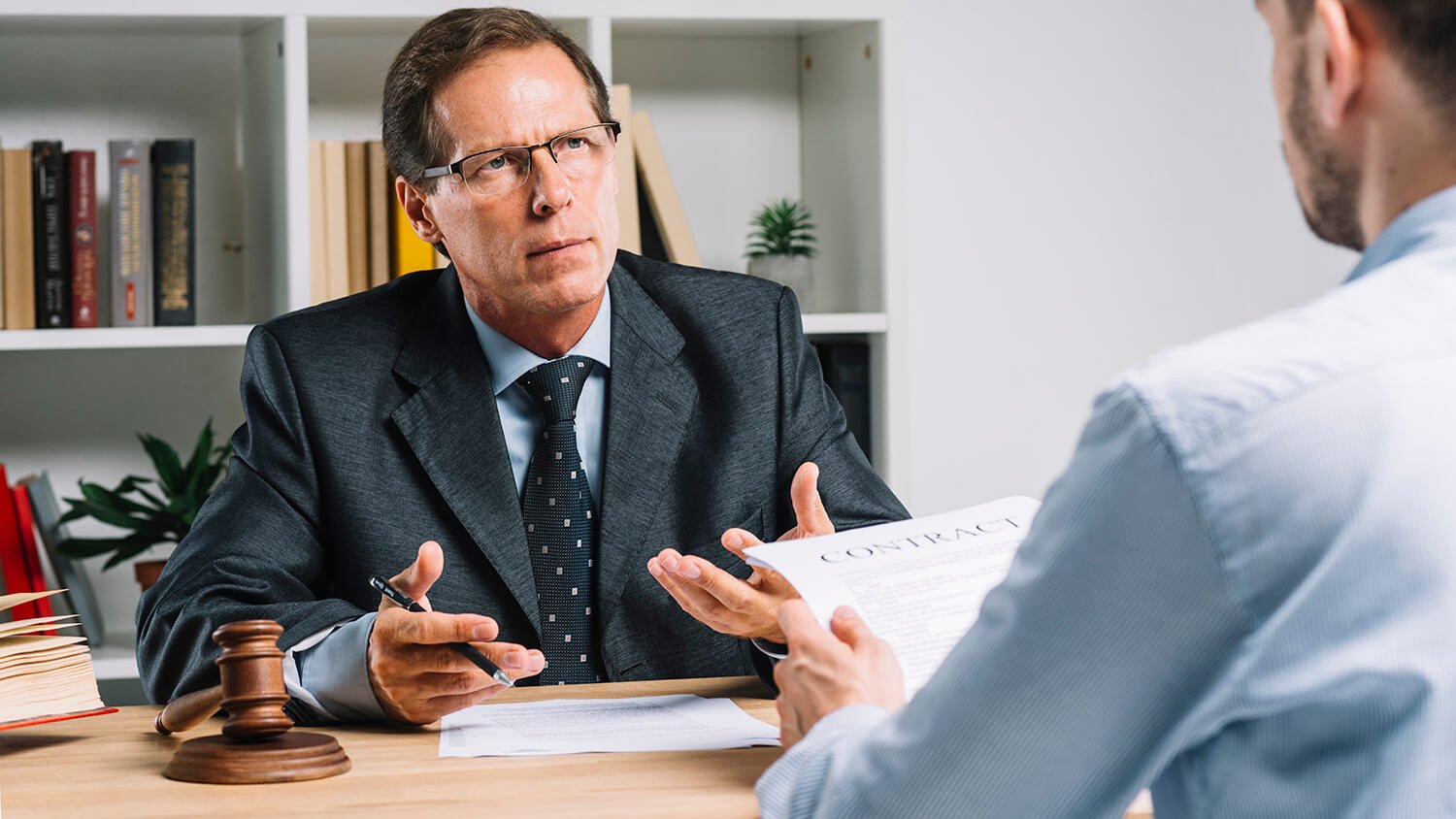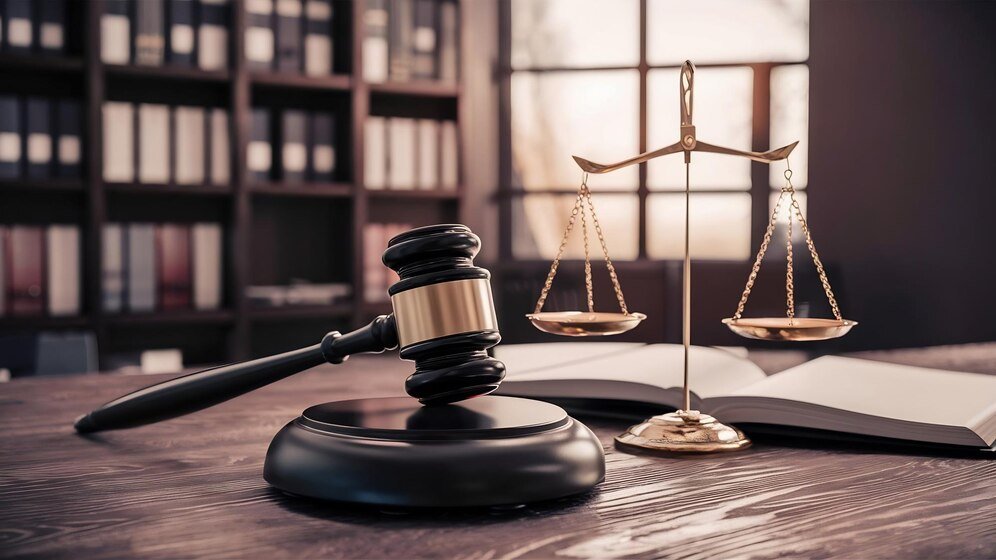Intoduction to https://noticviralweb.blogspot.com/2024/04/consejos-de-un-abogado.html
Navigating the complex world of law can be intimidating, especially for those without a legal background. Understanding when to seek legal advice and how to choose the right lawyer can make a significant difference in the outcome of legal matters. This article offers https://noticviralweb.blogspot.com/2024/04/consejos-de-un-abogado.html lawyer, providing invaluable insights to help you manage legal issues effectively and confidently.
Understanding https://noticviralweb.blogspot.com/2024/04/consejos-de-un-abogado.html
Defining Legal Advice
Legal advice is guidance provided by a qualified lawyer regarding the legal aspects of a specific situation. It is tailored to the individual’s circumstances and includes recommendations on the best course of action. Unlike general legal information, which is widely available and applies to a broad audience, legal advice is personalized and legally binding.
Importance of Legal Advice
Receiving professional legal advice is crucial as it helps individuals understand their rights and obligations, navigate complex legal systems, and avoid potential pitfalls. Good legal advice can prevent costly mistakes, resolve disputes more efficiently, and ensure that one’s interests are protected. It provides clarity and confidence, allowing individuals to make informed decisions.
When to Seek a Lawyer: https://noticviralweb.blogspot.com/2024/04/consejos-de-un-abogado.html
Situations Requiring Legal Assistance
There are various scenarios where seeking a lawyer is essential. These include drafting or reviewing contracts, dealing with family law matters such as divorce or child custody, facing criminal charges, handling personal injury claims, and managing business-related legal issues. Lawyers also provide invaluable assistance in estate planning, real estate transactions, and navigating employment law.
Recognizing Urgent Legal Matters
Certain situations require immediate legal intervention to prevent further complications. For instance, if you are served with legal papers, involved in a serious accident, or accused of a crime, seeking a lawyer promptly is critical. Timely legal advice can significantly impact the outcome and help you respond appropriately to legal challenges.
Choosing the Right Lawyer
Qualities of a Good Lawyer
Selecting the right lawyer involves considering several key qualities. A good lawyer should possess strong communication skills, be knowledgeable and experienced in the relevant area of law, and demonstrate integrity and professionalism. Additionally, they should be approachable, empathetic, and dedicated to advocating for their client’s best interests.
Questions to Ask a Prospective Lawyer
When interviewing potential lawyers, ask about their experience with similar cases, their success rate, and their approach to handling legal matters. Inquire about their availability, communication style, and fee structure. It’s also important to feel comfortable with your lawyer, so gauge their willingness to answer questions and explain complex legal concepts clearly.
Initial Consultation Tips
Preparing for the First Meeting
To make the most of your initial consultation, come prepared with all relevant documents and a clear summary of your situation. Write down any questions you have and be ready to discuss your goals and concerns. Being organized and proactive during the first meeting will help your lawyer understand your case better and provide more accurate advice.
What to Bring to Your Consultation
Bring any contracts, court documents, correspondence, and evidence related to your case. Having a comprehensive file with organized documentation will facilitate a more productive discussion. Additionally, prepare a list of key points and questions to ensure you cover all important aspects during the consultation.
Common Legal Issues and Solutions
Handling Contracts and Agreements
Contracts and agreements are fundamental to many legal relationships. Ensure that any contract you enter into is clear, fair, and legally sound. Have your lawyer review the terms and conditions to protect your interests. If a dispute arises, a lawyer can help negotiate a resolution or represent you in court if necessary.
Resolving Disputes and Litigation
Legal disputes can be stressful and time-consuming. Effective dispute resolution often involves negotiation, mediation, or arbitration before considering litigation. A lawyer can guide you through these processes, helping you achieve a favorable outcome while minimizing costs and maintaining relationships when possible.
Tips for Effective Communication with Your Lawyer
Building a Trusting Relationship
Establishing trust with your lawyer is essential for a successful legal partnership. Be honest and open about all aspects of your case, even if some details are uncomfortable to discuss. Trust that your lawyer is there to help you and will keep your information confidential. https://noticviralweb.blogspot.com/2024/04/consejos-de-un-abogado.html
Clearly Expressing Your Concerns
Clear communication is key to ensuring your lawyer fully understands your needs and expectations. Be specific about your concerns and ask for clarification on any legal jargon or procedures you find confusing. Regular updates and open dialogue will help maintain a strong client-lawyer relationship.
Understanding Legal Fees and Billing
Types of Legal Fees
Legal fees can vary depending on the complexity of the case and the lawyer’s experience. Common fee structures include hourly rates, flat fees, contingency fees, and retainer agreements. Understanding the different types of legal fees will help you budget effectively and avoid unexpected costs.
How to Manage Legal Costs
To manage legal costs, ask for an estimate of the total fees at the outset and request regular billing updates. Discuss payment options and consider negotiating a payment plan if necessary. Being transparent about your budget can help your lawyer provide cost-effective solutions.
Protecting Your Legal Rights:
Knowing Your Rights
Understanding your legal rights is the first step in protecting them. Familiarize yourself with relevant laws and regulations that pertain to your situation. Knowledge is power, and knowing your rights will help you recognize when they are being violated and how to respond. https://noticviralweb.blogspot.com/2024/04/consejos-de-un-abogado.html
Steps to Take When Rights are Violated
If you believe your rights have been violated, document the incident thoroughly and seek legal advice immediately. Your lawyer can help you assess the situation, determine the best course of action, and represent you in seeking justice and compensation.
The Importance of Documentation
Keeping Accurate Records
Accurate record-keeping is vital in legal matters. Keep copies of all correspondence, contracts, receipts, and any other relevant documents. Detailed records can serve as crucial evidence and support your case in legal proceedings.
Using Documentation as Legal Evidence
In legal disputes, documentation can make or break your case. Well-organized evidence can substantiate your claims and provide a clear narrative of events. Ensure that all documents are properly dated, signed, and stored securely.
Tips for Avoiding Legal Problems
Preventive Legal Measures
Preventive measures can help you avoid legal problems altogether. Regularly review and update contracts, comply with regulations, and seek legal advice before making significant decisions. Being proactive about legal matters can save time, money, and stress.
Staying Informed About Laws
Laws and regulations are constantly evolving. Stay informed about changes that may affect you or your business by following legal news, attending seminars, and consulting with your lawyer. Keeping up-to-date with legal developments will help you remain compliant and prepared.
Handling Legal Matters Independently
When It’s Safe to Self-Represent
In some cases, handling legal matters independently is feasible, especially for minor issues or small claims court. However, it’s important to understand the risks and limitations of self-representation. Research thoroughly and consider seeking legal advice for complex matters.
Resources for Self-Representation
Numerous resources are available for those who choose to represent themselves, including legal aid organizations, online legal databases, and self-help books. These resources can provide valuable information and guidance, but it’s crucial to recognize when professional legal assistance is necessary. https-noticviralweb-blogspot-com-2024-04-consejos-de-un-abogado-html
Legal Resources and Support
Finding Legal Help Online
The internet offers a wealth of legal resources, including lawyer directories, legal forums, and educational websites. Use reputable sources to find reliable information and connect with qualified legal professionals. Online consultations can also be a convenient option for initial advice.
Community Legal Resources
Many communities offer free or low-cost legal services through non-profit organizations, legal aid clinics, and pro bono programs. These resources can provide valuable support, especially for individuals with limited financial means. Explore local options to find the assistance you need.
Dealing with Legal Stress
Managing Anxiety and Stress
Legal issues can be overwhelming and stressful. Practice stress management techniques such as deep breathing, meditation, and exercise to maintain your mental and emotional well-being. Remember to take breaks and seek professional help if stress becomes unmanageable.
Seeking Support During Legal Issues
Don’t hesitate to reach out to friends, family, or support groups for emotional support during legal challenges. Talking about your concerns and receiving encouragement from loved ones can make a significant difference in coping with legal stress.
Conclusion: https://noticviralweb.blogspot.com/2024/04/consejos-de-un-abogado.html
Navigating legal issues can be challenging, but with the right knowledge and guidance, you can approach these situations confidently. By understanding when to seek legal advice, how to choose the right lawyer, and the importance of effective communication and documentation, you can protect your legal rights and achieve favorable outcomes. Remember to stay informed, seek support when needed, and take preventive measures to avoid legal problems in the future.
FAQs
What are the most common legal issues individuals face?
Common legal issues include contract disputes, family law matters (such as divorce and child custody), personal injury claims, criminal charges, and employment-related issues.
How do I choose the right lawyer for my case?
Choose a lawyer based on their experience, expertise in the relevant area of law, communication skills, and your comfort level with them. Ask for recommendations and conduct interviews to find the best fit.
What should I bring to my initial consultation with a lawyer?
Bring all relevant documents, such as contracts, court papers, correspondence, and evidence related to your case. Prepare a summary of your situation and a list of questions for the lawyer.
How can I manage legal costs effectively?
Discuss the fee structure with your lawyer upfront, request regular billing updates, and consider negotiating a payment plan. Be transparent about your budget and explore options for cost-effective legal solutions.
What steps can I take to protect my legal rights?
Understand your legal rights, document any violations thoroughly, and seek legal advice promptly. Stay informed about relevant laws and regulations to recognize when your rights are at risk.
Are there resources available for individuals who can’t afford a lawyer?
Yes, many communities offer free or low-cost legal services through non-profit organizations, legal aid clinics, and pro bono programs. Online legal resources and self-help guides can also provide valuable support.





